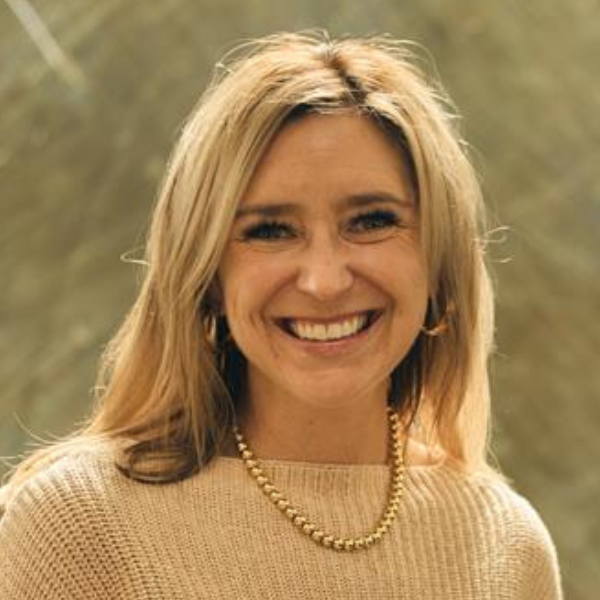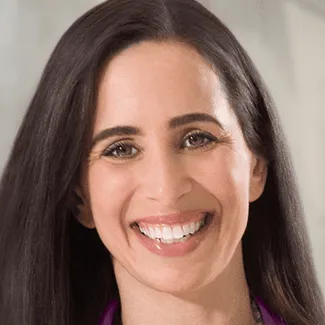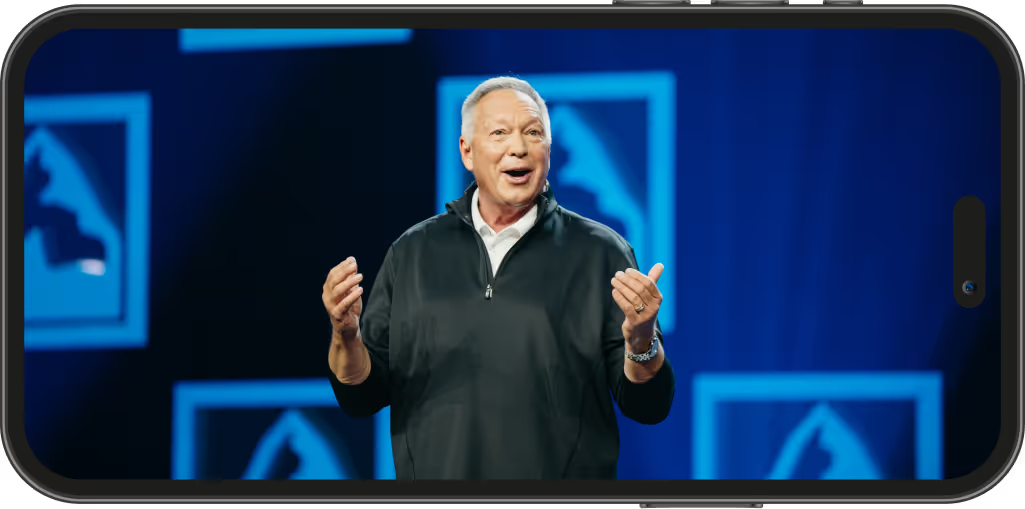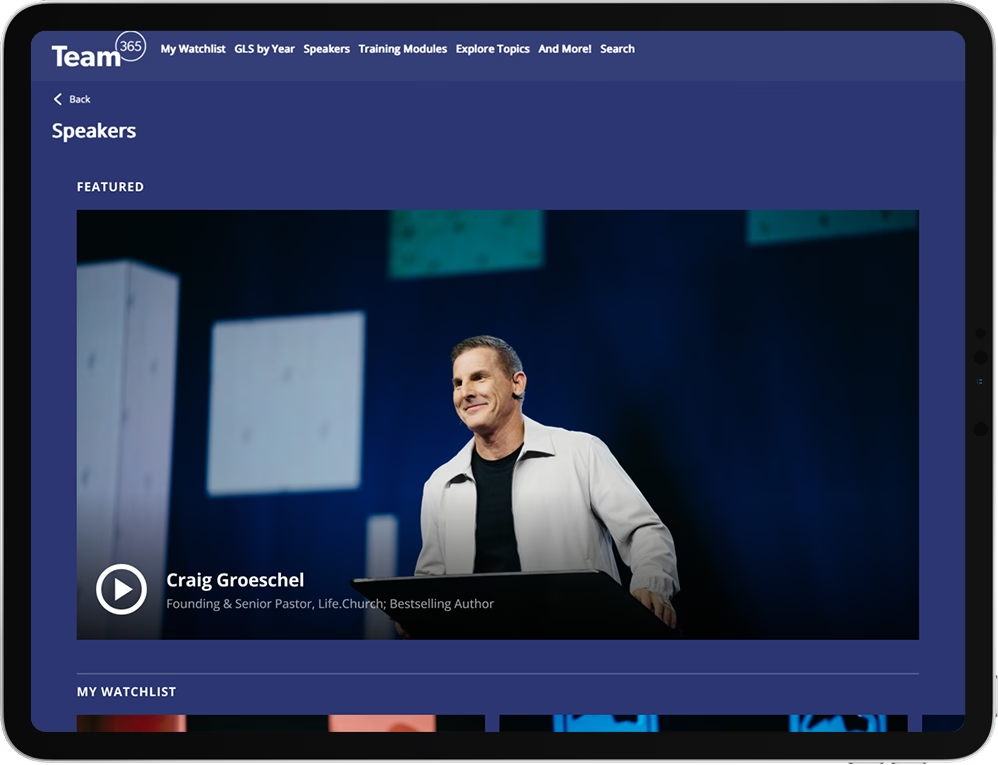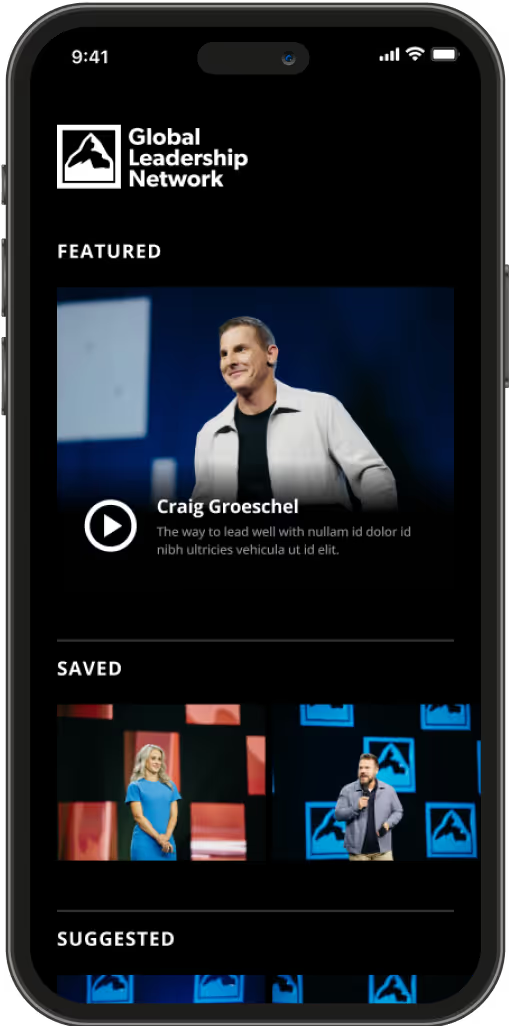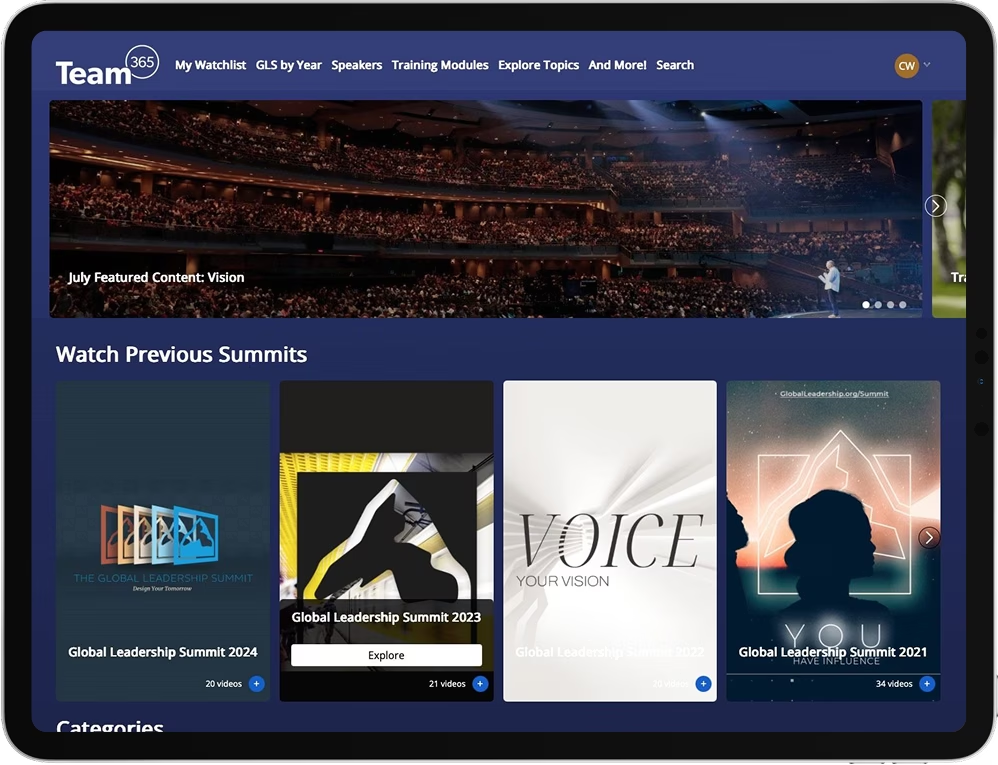How often do you struggle to navigate the desire to contribute high-impact, important work for your organization, and the seemingly constant demands on your attention from email, messages, and other activities? As a voice in the battle against busyness, Juliet Funt helps organizations release their people so that they can give themselves to their most important, high-impact work. In this conversation with David Ashcraft, Juliet explains some of the mindset shifts that leaders need to undergo in order to be champions for “white space,” and to minimize unnecessary busywork in their organizations.
SUMMARY
How often do you struggle to navigate the desire to contribute high-impact, important work for your organization, and the seemingly constant demands on your attention from email, messages, and other activities? As a voice in the battle against busyness, Juliet Funt helps organizations release their people so that they can give themselves to their most important, high-impact work. In this conversation with David Ashcraft, Juliet explains some of the mindset shifts that leaders need to undergo in order to be champions for “white space,” and to minimize unnecessary busywork in their organizations.
IN THIS EPISODE
0:00 Intro
03:45 How did Juliet get into consulting?
06:15 Juliet’s basic approach to working with her clients, and their response.
09:00 Where organizations may struggle with adopting something like white space.
13:30 How does remote work impact efficiency and high-value work?
18:00 What kind of work does Juliet do with the military, and how did it come about?
28:20 Do individual attitudes about White Space change with age?
32:15 How do organizations benefit from focusing on efficiency?
39:30 What do leaders need to know about Juliet’s GLS talk?
41:30 Outro
LISTEN
Apple Podcasts | Spotify | YouTube
STANDOUTS AND TAKEAWAYS
- The things that are great for human beings—standards, norms, ease, and skill—are the exact same things that can success for organizations.
- “Efficiency” has layers: blueprints (org charts, etc.) bricks (project plans, etc.) and mortar (human behavioral skill, norms, etc.). Most companies focus on the first two and neglect the third.
- White Space is not giving people a break to just space out or take a nap. It is liberating people from low-value work so that their minds are free to engage in high-value work.
- From COVID, to remote work, to the impact of AI, many well-intentioned leaders are stressed out and struggling to keep their heads above water. It’s easy to get trapped in a cycle: targets start to lag, so they push harder, but then the pushing negatively impacts the overall quality of work, which makes results happen more slowly, and so on and so on.
- Getting out of the cycle starts with measuring where the company is at with efficiency.
- The receptivity of the military to the concept of White Space is the number one surprise of Juliet’s career.
- White Space is not just about recuperation; it’s also about time to think strategically.
- The concept of the “work martyr” is still in our ethos but may be vanishing with the next generation of workers.
- Some generations derived satisfaction from the way they sacrificed for work, but that may be changing. Younger generations seems to have a high desire for meaning in their work.
- When you make work easy for people, they will bend over backwards to work for you.
- When work is logical, streamlined and thoughtful you have more time for strategic thinking, an increase in retention, a decrease in wasted payroll money, and more time for hard but high-value work.
- White Space does not result in more productivity; it is a by-product of a more productive workflow.
LINKS MENTIONED
- Book: (Amazon.com)
- Videl: (Juliet references this https://vimeo.com/1088687446/78c2d7681f?ts=0&share=copy )
- Website: Team365
- Website: Global Leadership Summit 2025
- Website: Global Leadership Network
Related
Ep 190 - New Communication Tools for the Digital Era, with Erica Dhawan
Today, we listen in on a conversation between David Ashcraft and digital body language expert Erica Dhawan. Together they explore how communication has changed, particularly over the past 5 years, and what leaders can do right now to communicate effectively with their teams to maximize collaboration and effectiveness.
Ep 188: David Ashcraft on How to Create, Steer and Correct Culture
The good news is that leaders have a strong influence on organizational culture, and in this episode GLN President and CEO David Ashcraft shares what he has learned about why culture matters and a few ways that leaders can begin to establish, maintain or correct their own team cultures.
Ep 179: Les McKeown on Making Success “Predictable” (Pt. 2)
In this second part of a two-part episode, GLN President and CEO David Ashcraft continues his conversation with author and consultant Les McKeown on the lifecycle stages of organizations, and the different ways leaders can respond in order to meet the unique challenges of each stage.
Leadership That Lasts
Team365 isn’t just a platform. It’s a commitment to grow, lead and live with purpose — every single day. Whether you’re here for content, community or clarity, you’re in the right place. Your leadership matters. Let’s keep going.
.webp)
